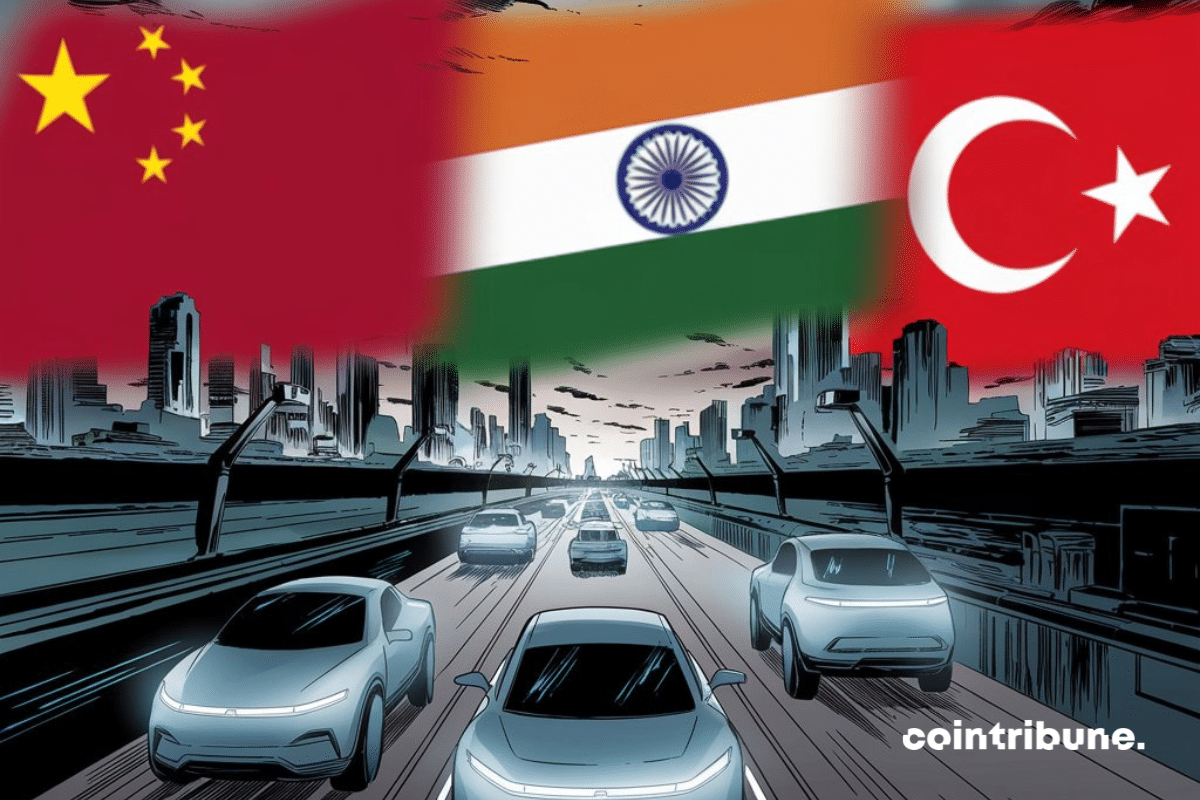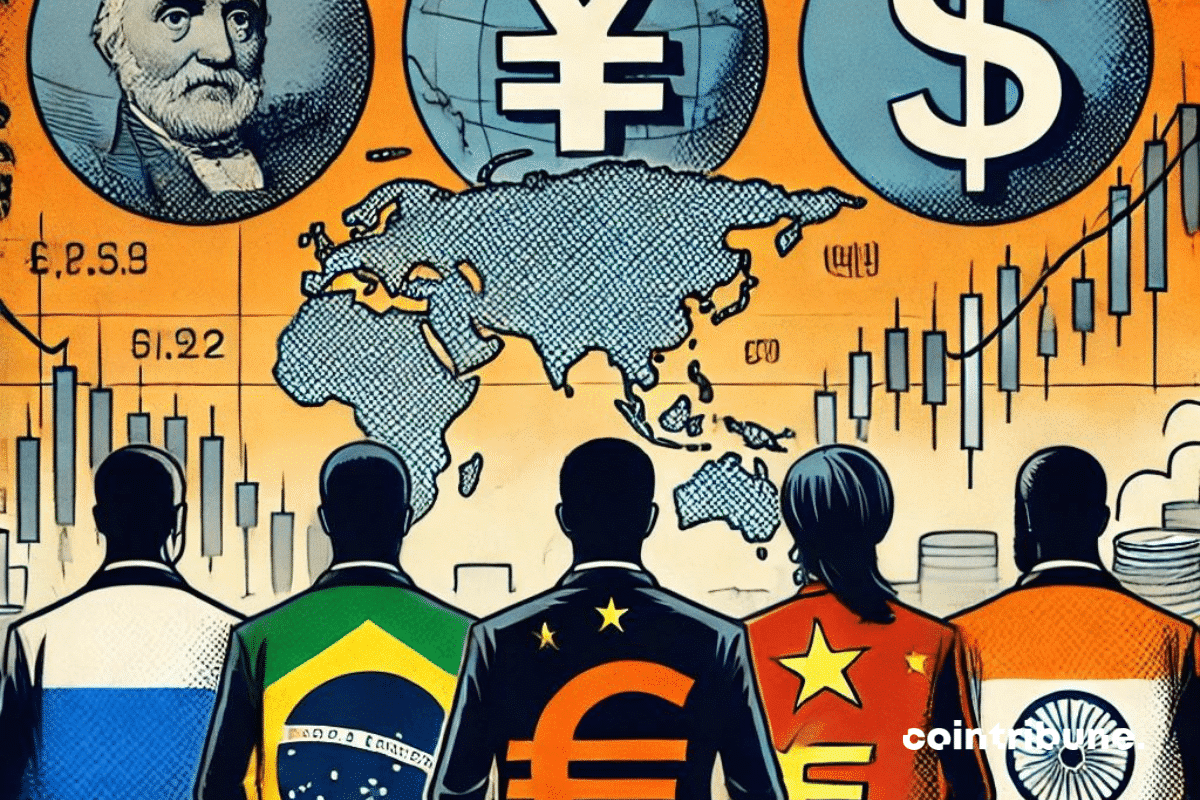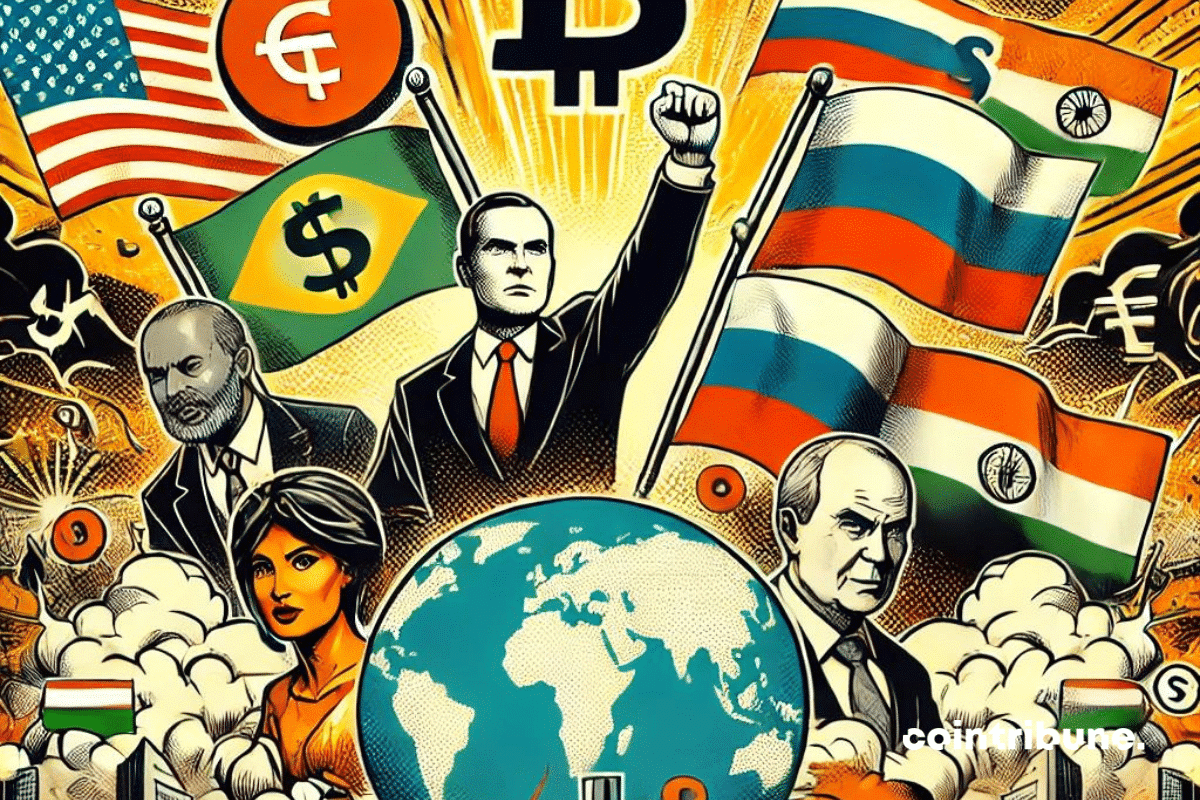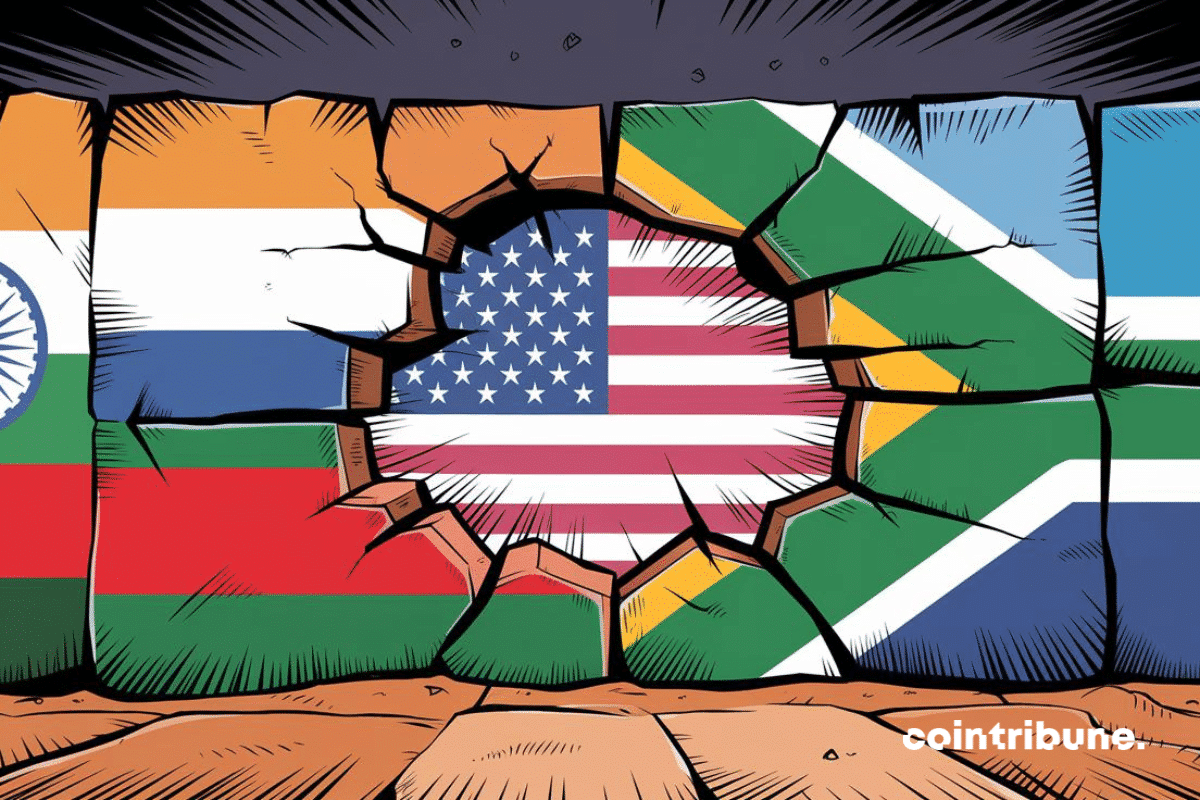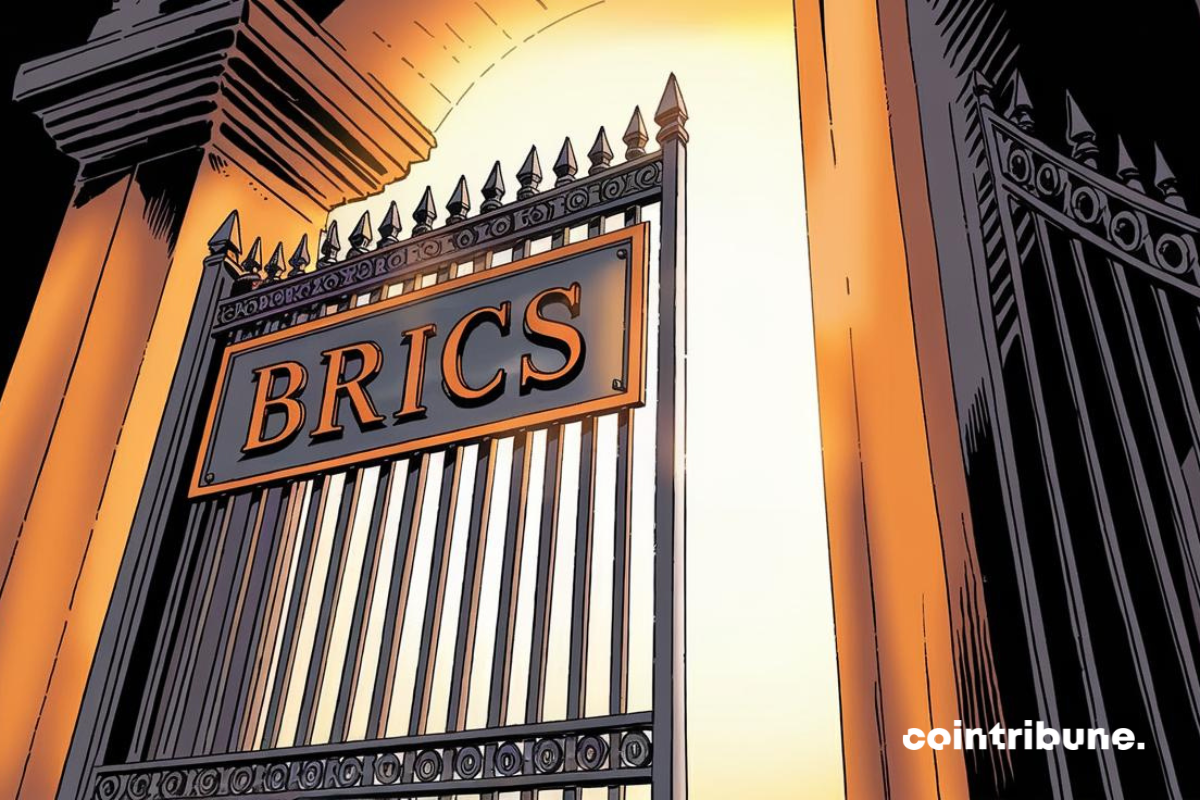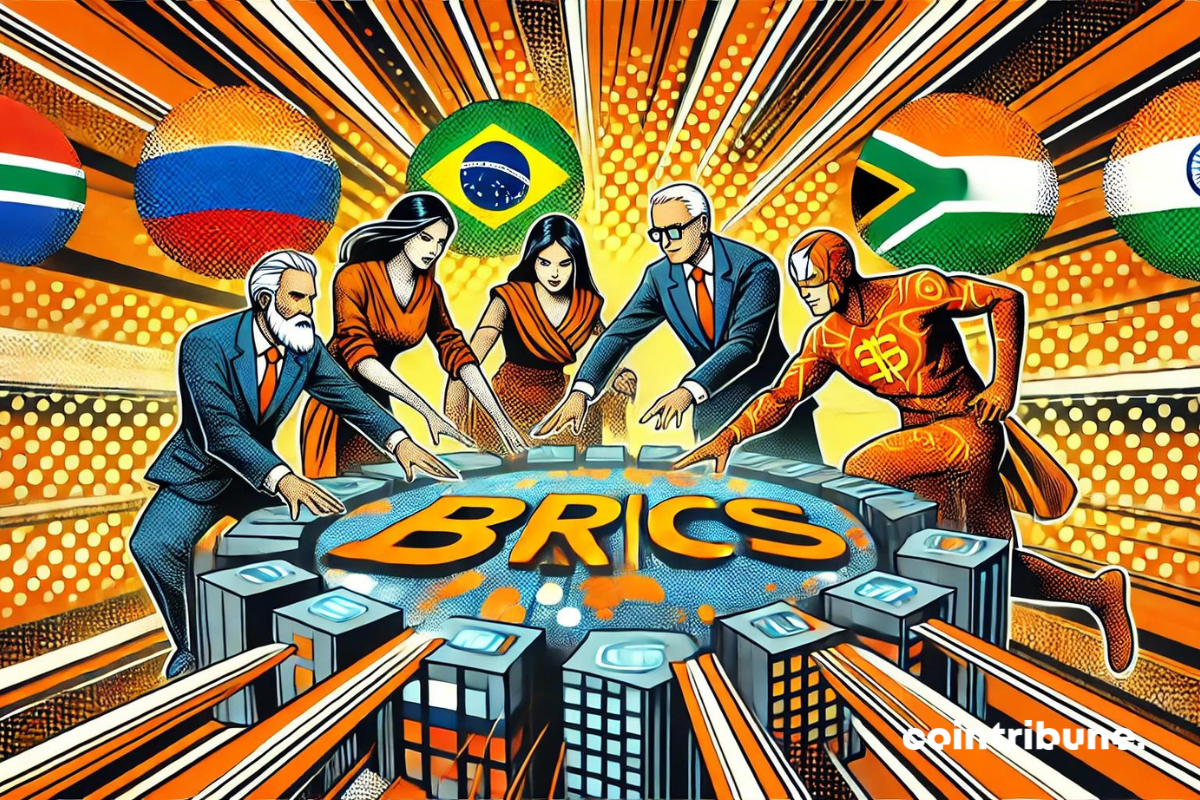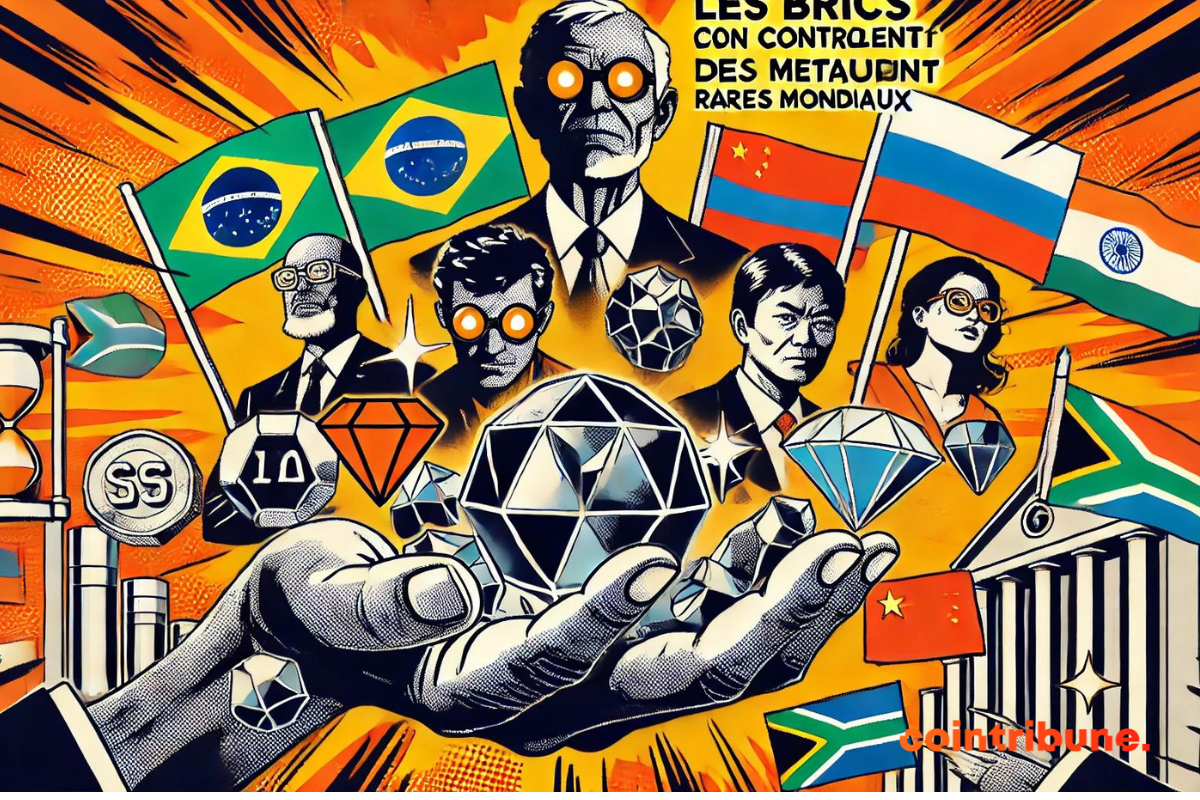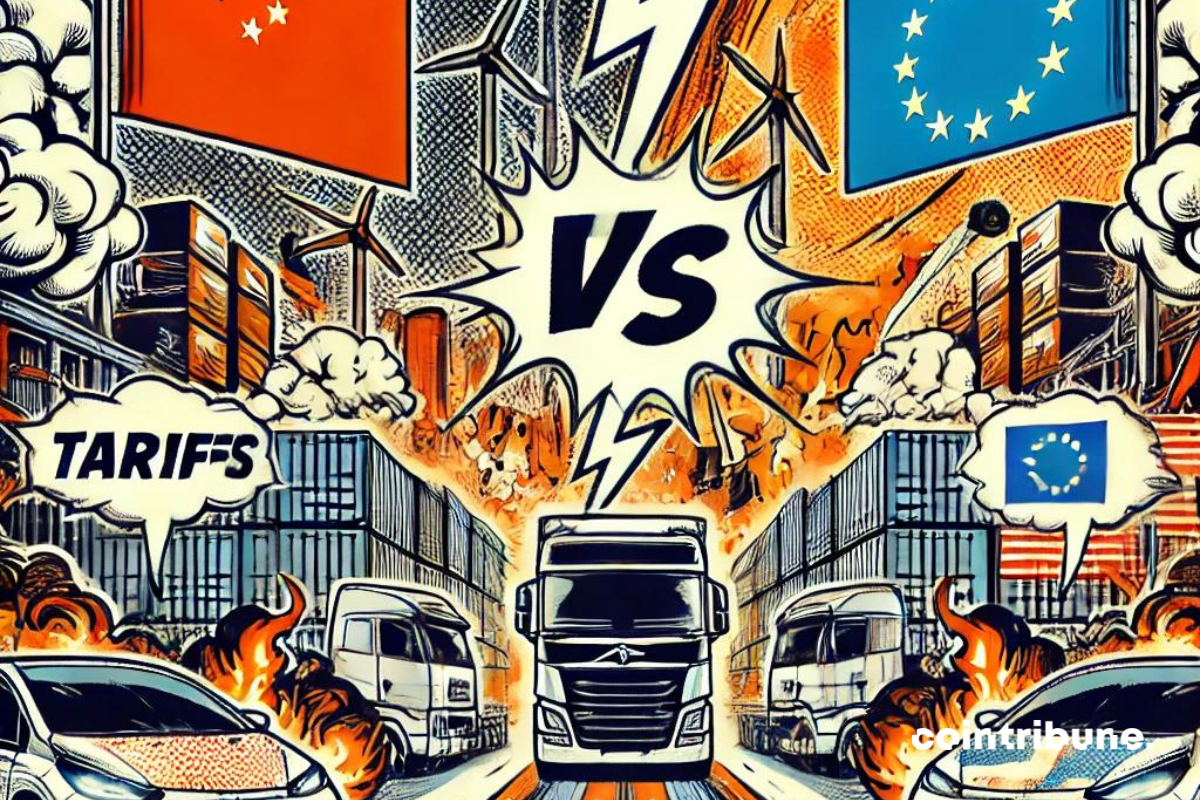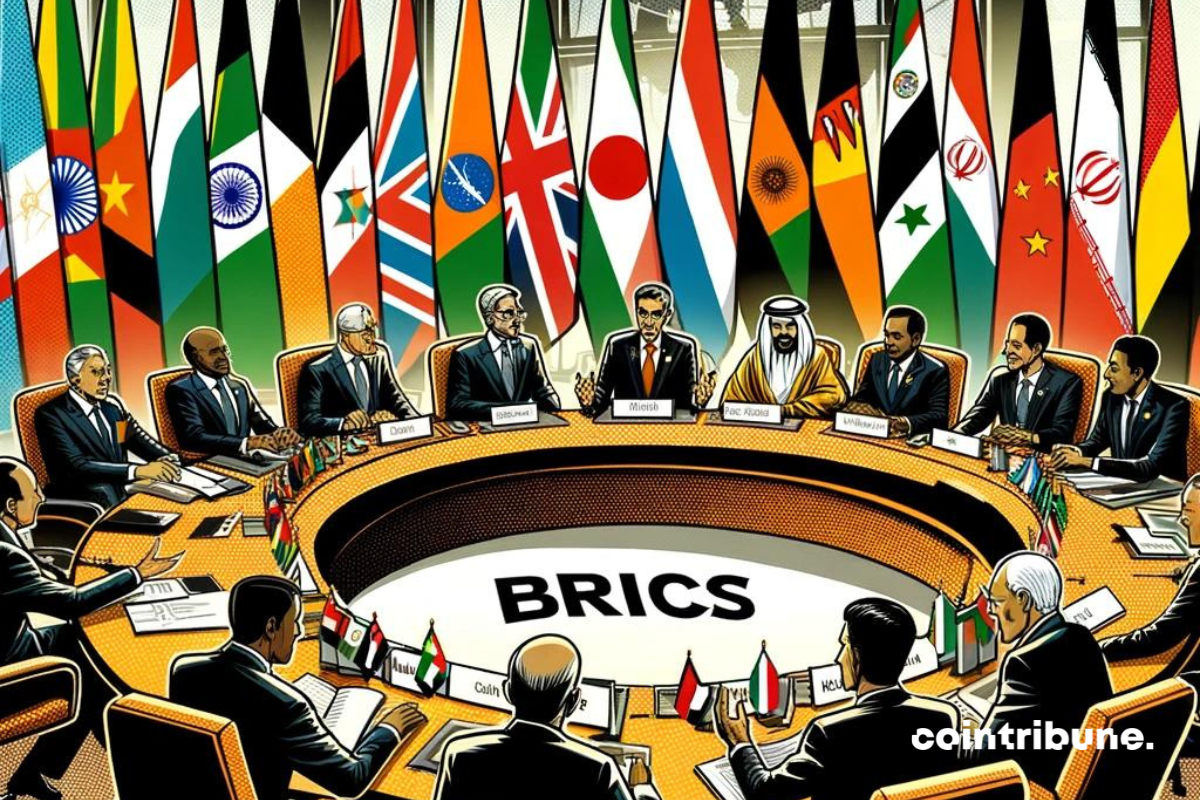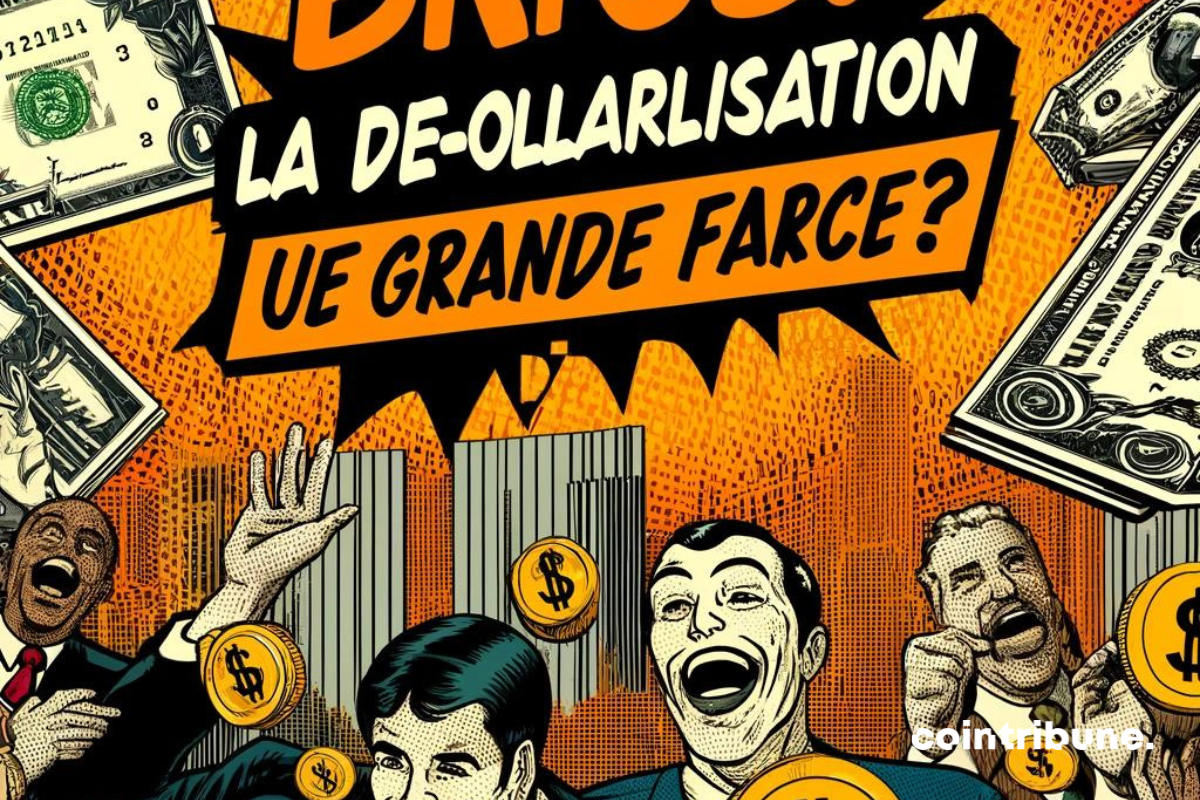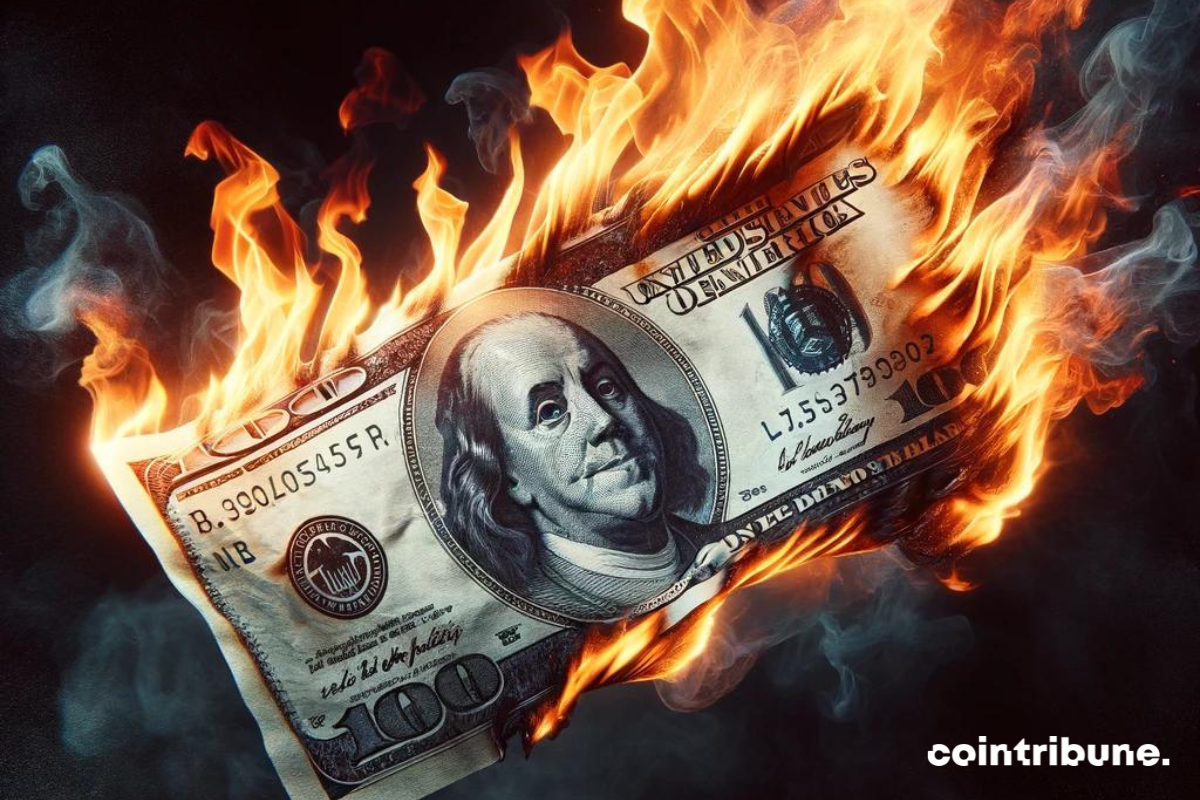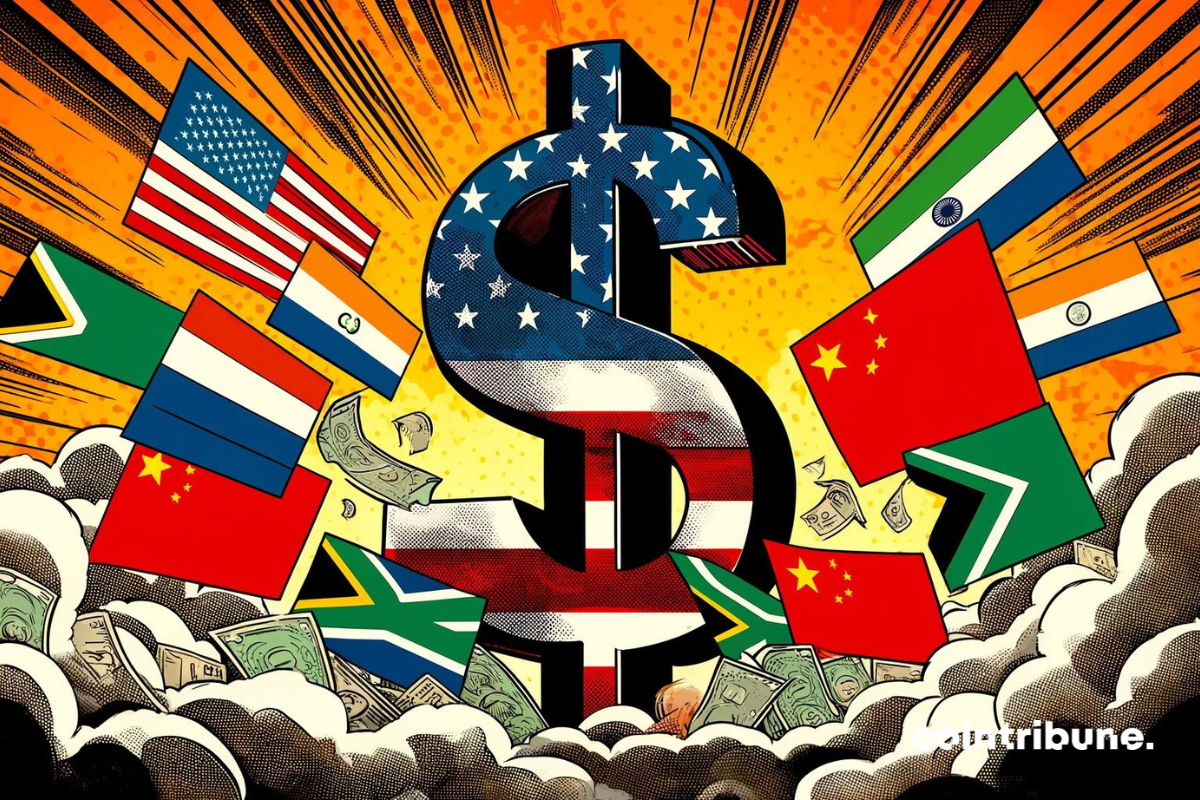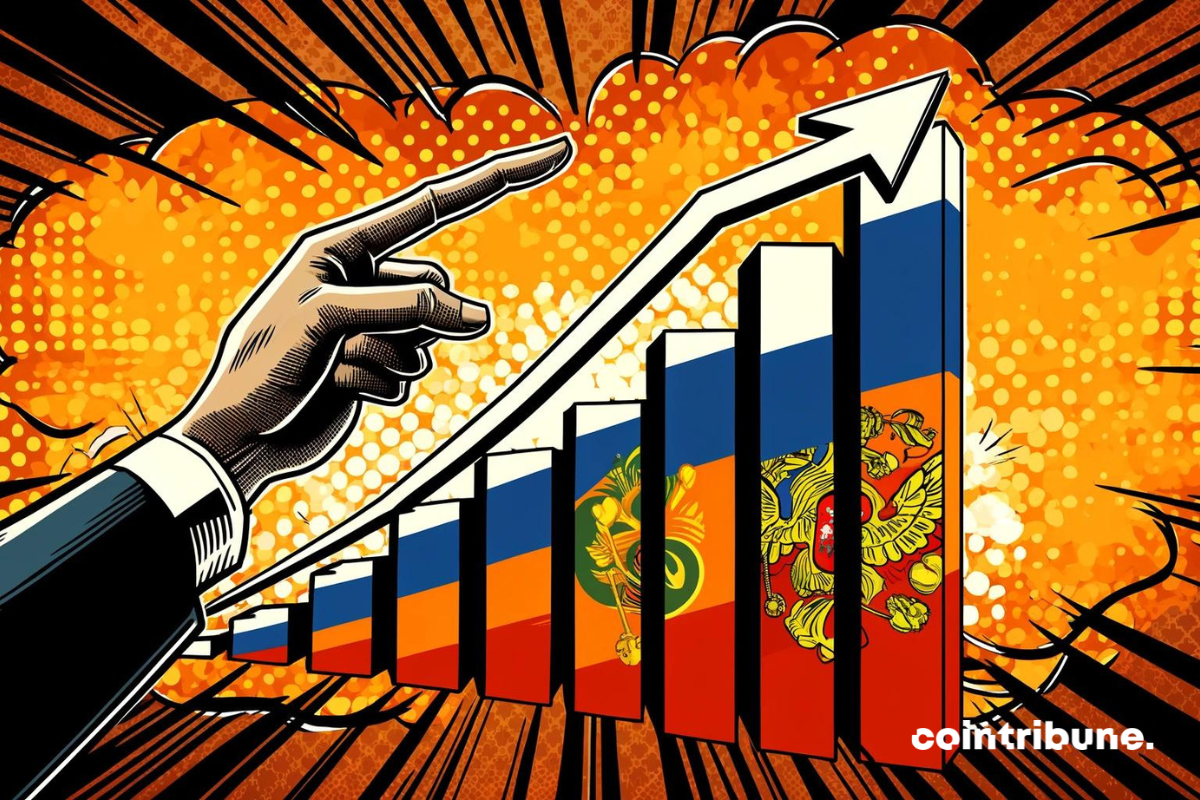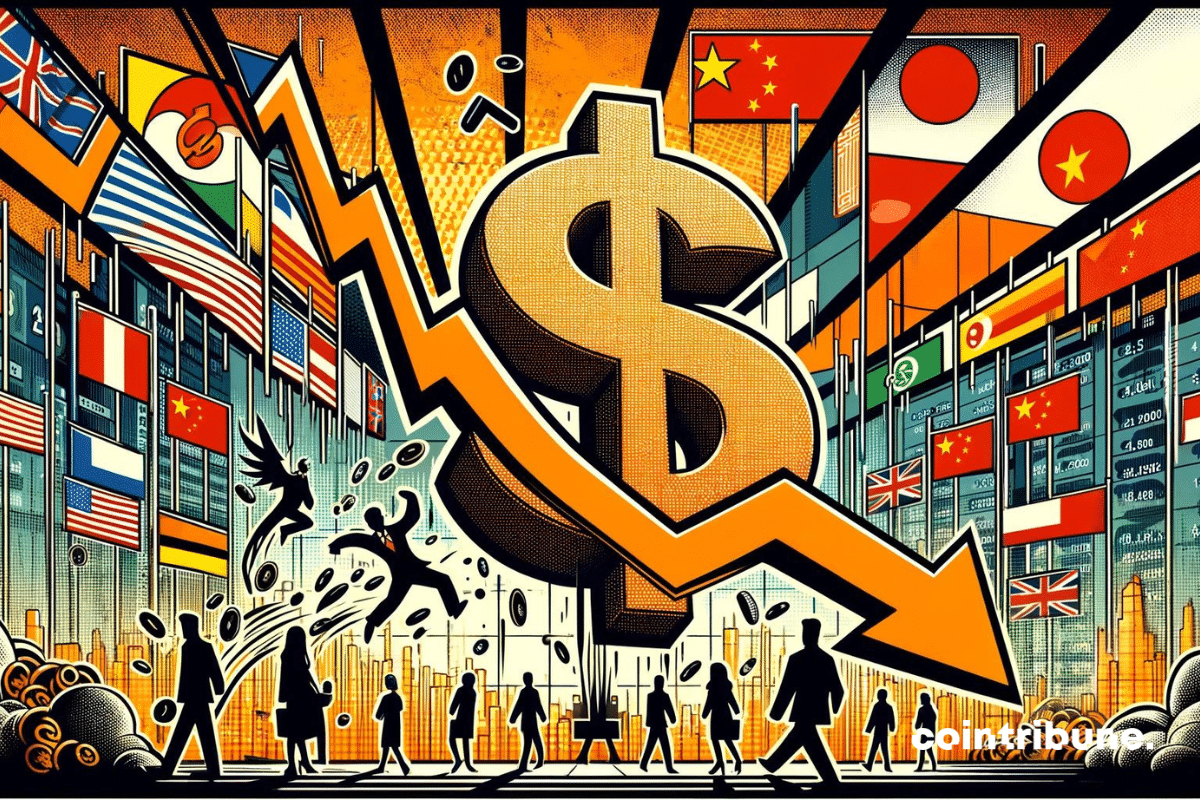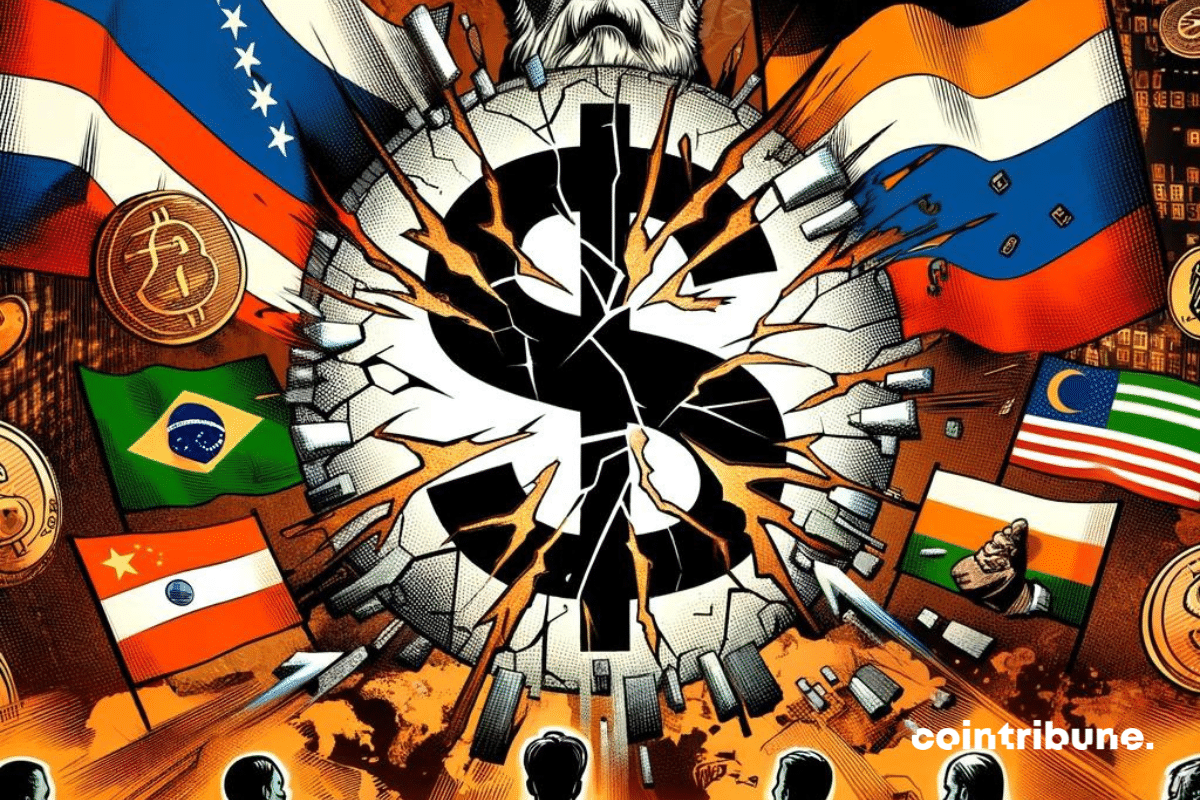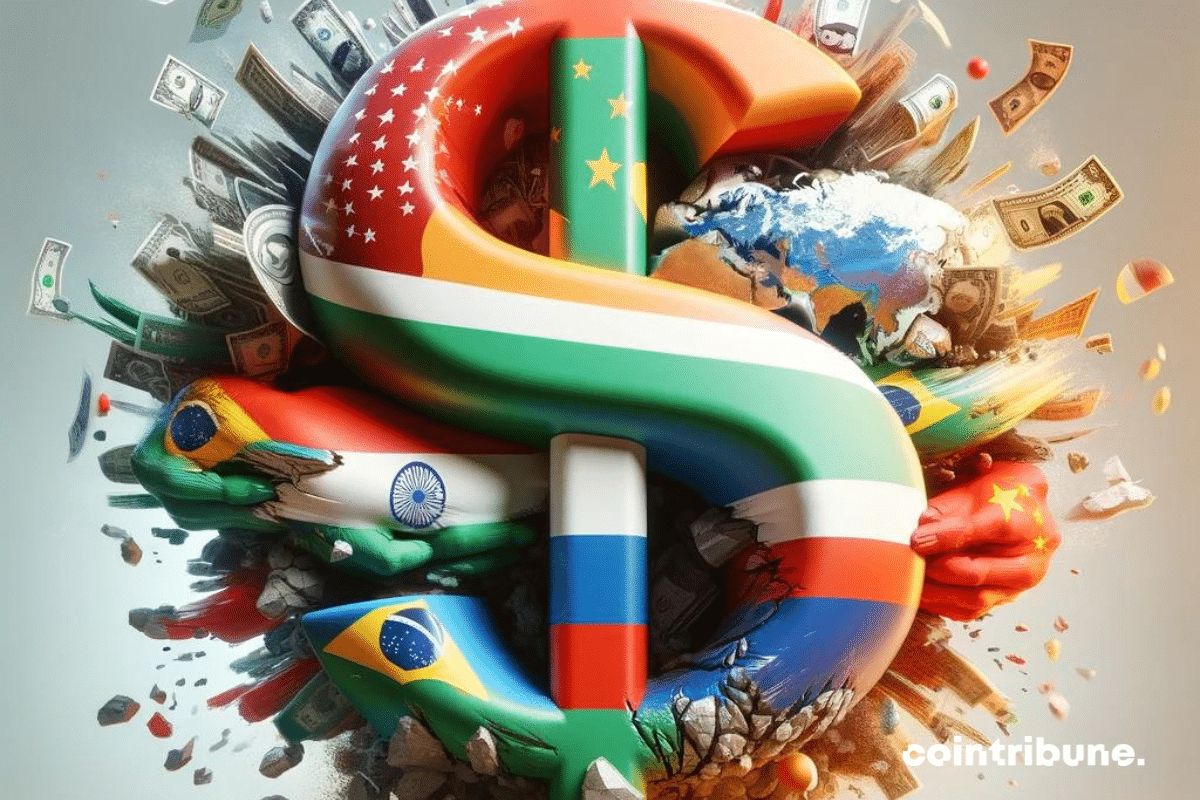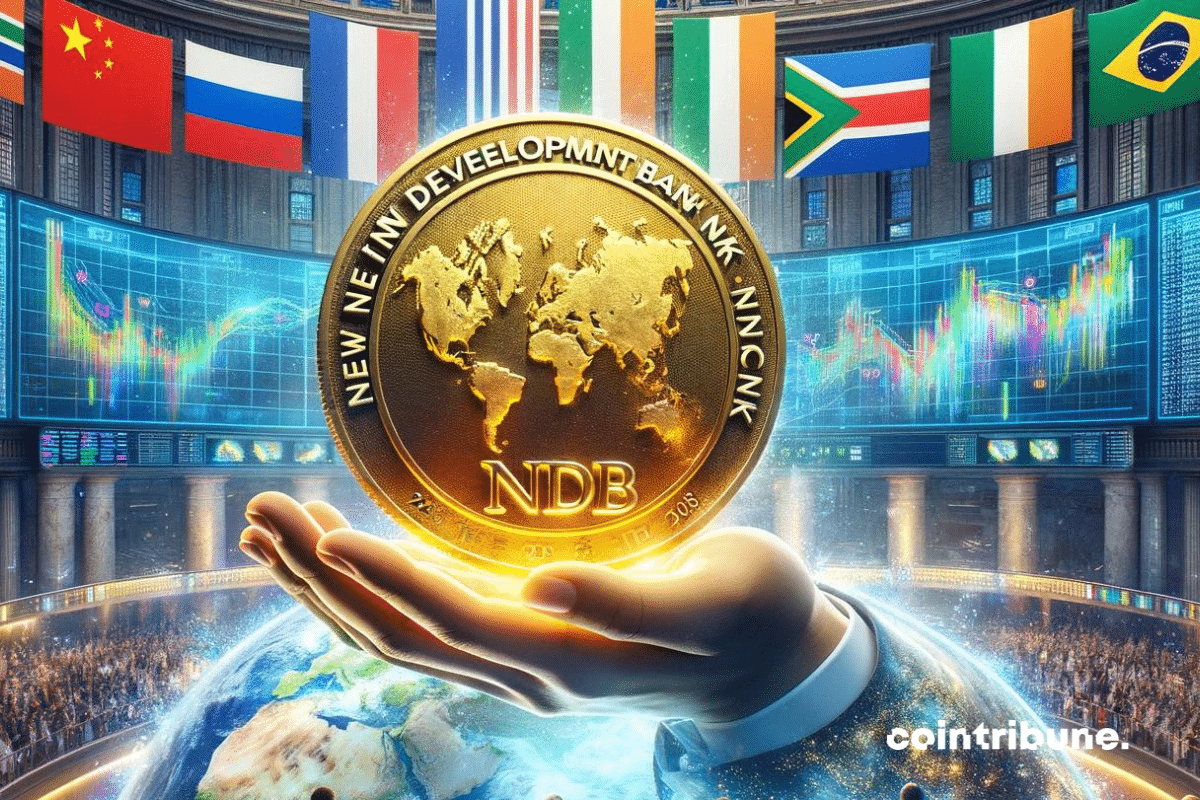The world is undergoing a geopolitical reshaping. While tensions between major powers shape international relations, economic alliances are evolving at an unprecedented speed. At the heart of this new global order, BRICS, the bloc of major emerging economies, is asserting itself as a key player capable of reshaping global balances. This group, once reserved for five members, has recently opened up to new candidates, adding giants like Iran and Saudi Arabia to its ranks. It is in this context that Turkey, under the leadership of President Recep Tayyip Erdoğan, seeks to join this influential alliance. A strategic decision that comes at a time when the prospects of EU membership are fading, prompting Ankara to diversify its economic and geopolitical partnerships. However, this candidacy is not universally accepted: BRICS, still in the consolidation phase after its last expansion, may slow down before making new decisions. This is despite the growing interest of about twenty nations to join the group.
BRICS
Amid a period of global economic volatility, Saudi Arabia has made a decision that could redefine energy and geopolitical balances. As the price of a barrel of oil reached 100 dollars, Riyadh chose to significantly increase its oil production, a maneuver aimed at lowering crude prices in international markets.
In an increasingly tense global economic context, China has just issued a significant strategic advisory for its electric automotive manufacturers. As the undisputed leader in electric vehicle production, China has made a major strategic decision. Beijing has advised its manufacturers to abandon any intention of investing in India and Turkey, two promising and rapidly growing markets.
The global financial system is currently undergoing numerous changes. As economic sanctions multiply, particularly from the United States and the European Union, many emerging economies are seeking alternatives to free themselves from the dominance of the dollar and the euro. In response, the BRICS countries (Brazil, Russia, India, China, South Africa) have begun the creation of an alternative payment platform. This initiative, confirmed by Russian Foreign Minister Sergey LAVROV, would facilitate trade and investments without relying on Western currencies.
The global monetary landscape is undergoing significant changes. As the influence of the US dollar falters under the weight of geopolitical tensions and aggressive economic policies, the BRICS are poised to redefine the rules of the game. They are working to launch a new reserve currency, an ambitious project that could shake the supremacy of the greenback and reshuffle the cards of international finance. In the face of the impact of economic sanctions, trade wars, and a perceived excessive dependence on the dollar, these emerging powers are coming together to assert their economic sovereignty. However, this new currency, envisioned as a direct alternative to the US-dominated financial system, raises as many hopes as it does doubts.
The Republican candidate for the American presidency threatens the BRICS with heavy economic sanctions if they turn away from the dollar. Bitcoin as an alternative solution...
The number of countries present at the last BRICS forum held in Russia was impressive. Bad omen for the dollar.
Pavel Durov is a prisoner of geopolitical tensions. The fragmentation of the world is accelerating and benefiting bitcoin.
The global financial system is on the brink of a major upheaval. The BRICS bloc is planning to create an independent payment system to facilitate cross-border transactions among its members. This initiative aims to reduce their dependence on the US dollar by integrating local currencies for trade exchanges.
Venezuela is seeking to join the BRICS group by leveraging its vast oil reserves. This move underscores the country's geopolitical ambitions and its aspirations to reshape its international alliances.
The oil price war is rarely a simple commercial confrontation; it often conceals geopolitical stakes of far greater scope. Today, a new episode of this struggle is unfolding on the international stage, pitting two energy titans against each other: Russia and Saudi Arabia. As the world continues to struggle with the economic repercussions of the pandemic and the conflict in Ukraine reshapes the cards of global influence, these two major players from the BRICS are fiercely competing for dominance in the Asian market. Their maneuvers could well shake up the established order, both within OPEC and at the heart of global strategic alliances.
Google and Amazon are showing a marked interest in the CBDC project of one of the leading BRICS nations. By partnering with the Reserve Bank of India, these tech giants aim to integrate the e-rupee, a digital version of the Indian currency, into their payment platforms. This initiative, beyond just a simple technological expansion, represents a significant advance for the BRICS ambitions to reduce dependence on the US dollar and to strengthen their overall economic influence.
The balance of global power may soon experience a historic turning point. Indeed, the BRICS nations are set to take control of the largest international financial institutions. This transition could signify a possible end to Western dominance over these key institutions, marking a profound change in the global financial landscape.
The BRICS alliance continues to strengthen its position on the global stage. After consolidating its dominance in the oil and gas sectors, the group now holds a significant share of the world's rare metal reserves. These strategic resources could provide a crucial advantage to the alliance in international trade.
In an effort to reduce their dependence on the US dollar, BRICS member countries are intensifying their efforts to establish a new global economic dynamic. This initiative, driven by recent developments and major agreements, could disrupt the current balance of international trade.
The 2024 Shanghai Cooperation Organization (SCO) summit witnessed major geopolitical tensions. In a move that could redefine dynamics of international trade, India has officially rejected China's proposal to replace the US dollar with the yuan for trade. This decision marks a significant turning point in relations among BRICS members. India's firm stance reflects not only its economic concerns but also a growing distrust toward China's global ambitions.
Russia's oil revenues are experiencing a spectacular surge despite severe economic sanctions imposed by the United States. In June, oil and gas revenues soared to $9.4 billion. This unexpected performance highlights Russia's economic resilience and underscores the growing role of the BRICS bloc in the global energy landscape. While the sanctions aimed to weaken Moscow, Russia has adeptly navigated these obstacles to redefine the dynamics of the international oil market.
The decoupling from the US dollar, a key ambition of the BRICS, has just suffered an unexpected blow. Despite years of concerted efforts to erode the dominance of the US dollar, a new report from the Atlantic Council reveals that these initiatives have failed to seriously threaten the supremacy of the greenback. This unexpected finding raises doubts about the viability of the economic strategies of the BRICS.
A new front of economic tensions is opening up between China and the European Union, threatening to disrupt the global trade balance. In response to the EU's proposals to impose tariffs on Chinese electric vehicles, China, an influential member of the BRICS, has warned of the possibility of a trade war.
The BRICS is gearing up for a major expansion as seven new countries have officially submitted their applications to join the alliance before the 2024 summit. This development, which signifies a significant shift in global geopolitics, reflects the growing appeal of this bloc and its ambitions to reshape the global economic order. By bringing in new nations, the BRICS could redefine international and economic relations, posing challenges and opportunities for global players.
De-dollarization, a recurring concept in economic discussions, is the subject of a lively debate. While some view this movement led by the BRICS as an imminent threat to the dominance of the US dollar, eminent experts reject this idea as unfounded. This article explores why the idea of de-dollarization is seen as a "big joke" by some experts.
Despite American sanctions, Russia distorts calculations and shows even stronger economic health by 2024. Against all odds, the co-founder of the BRICS reveals in April an annual increase of 100% in its oil and gas revenues. From $7 billion last year, its revenue from oil and gas jumps to $14 billion in April 2024. The Russian case now stands as an excellent precedent for the BRICS in their march against the dollar.
As the crazy growth of the US debt of over 34,600 billion dollars continues to worry, the BRICS deliver a new blow to the greenback. China and Russia, two founding members of the alliance, have planned 260 billion dollars of commercial exchanges without using any US dollars. Only Russian ruble, Chinese yuan, and some euros. Other members of the coalition are expected to follow suit soon. Perceiving the immediacy of the threat, the USA react by combining threats and diplomacy. Details.
As the BRICS alliance intensifies its de-dollarization efforts, the success of this initiative remains uncertain. While several countries are considering joining or already adhering to this movement, the supremacy of the US dollar remains unchallenged. Indeed, despite the coordinated efforts of the BRICS member countries, the dollar continues to outperform the currencies of these nations.
Very bad news for the European Union and the USA! The IMF has just released its 2024 report on global economic prospects for the year. In this 202-page document, the Bretton Woods institution presents Russia as one of the strongest and most promising in 2024. The economy of this founding BRICS country, which was supposed to be bending under the pressure of Euro-American sanctions, is expected to experience a growth of 3.2% in 2024. Details.
The monetary influence of BRICS is increasing day by day. The latest news reports that the Chinese currency, the yuan, has surpassed the dollar as the most used currency in Russia. This change aligns with the alliance's desire to reduce their dependence on the American currency.
The BRICS plan to end the hegemony of the dollar in international transactions continues to provoke reactions in the United States. American Treasury Secretary Janet Yellen recently expressed her concern about the implementation of this project. Especially since, according to her, detrimental effects are being observed on the dollar.
In an era where blockchain technology and cryptocurrencies are redefining the boundaries of global finance, the BRICS are positioning themselves as pioneers of radical change. With the announcement of an innovative payment system, these emerging powers challenging the hegemony of the US dollar are outlining the contours of a new global economic order based on inclusivity, security, and the speed of financial transactions.
In accordance with their ambition to move away from the dollar, the BRICS countries are increasing their initiatives deemed useful to achieve these goals. Essentially, this involves questioning certain institutions that promote American hegemony. Following this logic, Russia, an influential member of the BRICS, plans to present a new payment system that aims to undermine the SWIFT network.
If the BRICS have launched their development bank (NDB), it is with a goal. That goal is to finance public and private projects in line with their de-dollarization plan. This bank has taken the mission to heart and recently carried out a significant bond issuance from an economic and geopolitical perspective.


